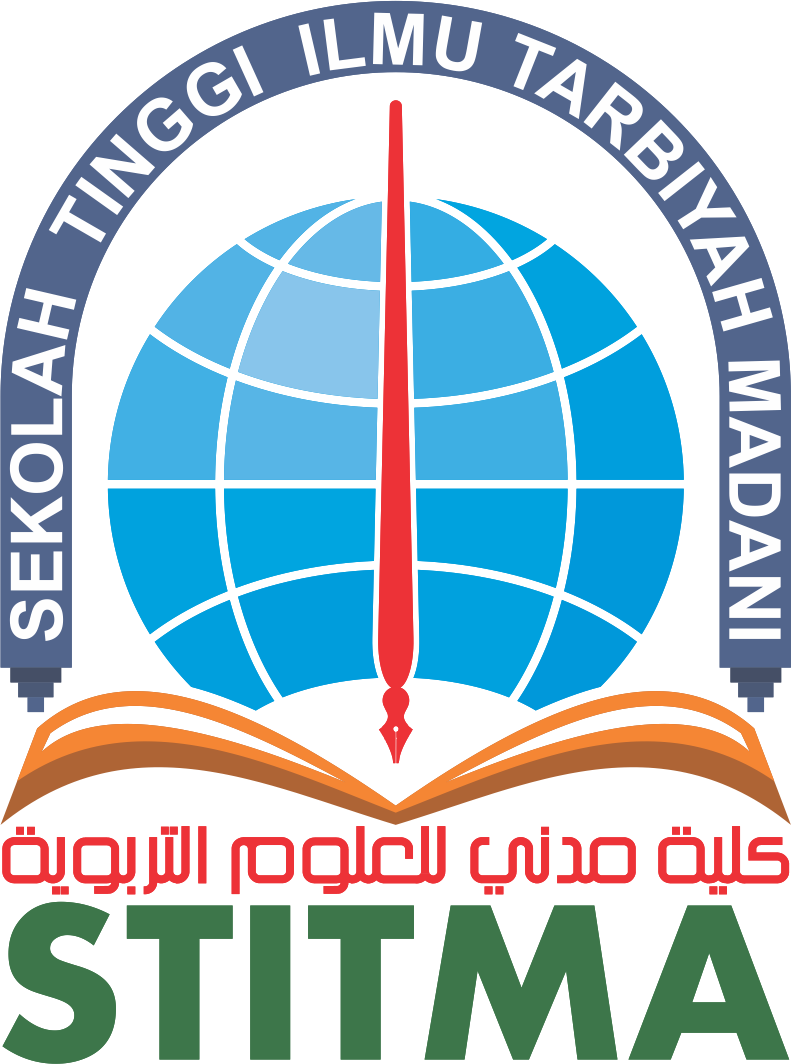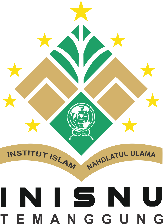Individual differences from the perspective of islam and psychology
DOI:
https://doi.org/10.59944/amorti.v4i1.428Keywords:
Construction, Diversity, Tolerance, MulticulturalAbstract
Education is essential for knowledge transfer and holistic individual development. A key factor in effective education is recognizing individual differences in physical, intellectual, and psychological aspects. Islam views human diversity as part of Allah’s will, emphasizing respect and cooperation, as highlighted in Surah Ar-Rum (30:22) and Surah Al-Hujurat (49:13). Islam also advocates for education tailored to individual capacities. Psychology reinforces this perspective, emphasizing the role of cognitive abilities, learning styles, and motivation in education. Theories like Gardner’s multiple intelligences and Tomlinson’s differentiated instruction highlight the need for personalized learning approaches. Using a qualitative library research method, this study finds that both Islamic and psychological perspectives support inclusive and adaptive education. Integrating these insights enables educators to design curricula that maximize each student's potential, fostering a knowledgeable and ethical generation
References
Bebasari, M., & Suhaili, N. (2022). Perbedaan individu di dalam psikologi pendidikan. Indonesian Journal of Counseling and Development, 4(1), 1–8.
Bandura, A. (1997). Self-Efficacy: The Exercise of Control. W.H. Freeman and Company.
Dewey, J. (1916). Democracy and Education. The Macmillan Company.
Dweck, C. S. (2006). Mindset: The New Psychology of Success. Random House.
Eysenck, H. J. (1967). The Biological Basis of Personality. Springfield, IL: Thomas.
Fleming, N. D., & Mills, C. (1992). "Not Another Inventory, Rather a Catalyst for Reflection," To Improve the Academy, 11, 137-155.
Gardner, H. (1983). Frames of Mind: The Theory of Multiple Intelligences. Basic Books.
Hadisi, L., Hakim, M. R., Musthan, Z., Nashihin, H., & Kendari, I. (2023). Implementation of Learning Management In Building an Attitude of Religious Tolerance at State High Schools In The Muna District. Edukasi Islami: Jurnal Pendidikan Islam, c, 1879–1892. https://doi.org/10.30868/ei.v12i03.4296
Holland, J. L. (1997). Making Vocational Choices: A Theory of Vocational Personalities and Work Environments. Psychological Assessment Resources.
Husna Nashihin, & Yenny Aulia Rachman. (2024). Education strategy of counter-radicalism with aswaja orientation in quranic education centers in indonesia. At Turots: Jurnal Pendidikan Islam, 6(1), 445–450. https://doi.org/10.51468/jpi.v6i1.707
Jatmiko Wibisono, Hafidz, Iffat Abdul Ghalib, H. N. (2023). Konsep Pemikiran Pembaharuan Muhammadiyah Bidang Pendididkan (Studi Pemikiran Muhammad Abduh). Attractive : Innovative Education Journal, 5(2), 514–522.
Jiyanto, J. (2022). Konsep Hereditas dan Lingkungan Pendidikan dalam Perspektif Al-Qur’an. Andragogi: Jurnal Diklat Teknis Pendidikan dan Keagamaan.
Muchamad Chairudin, H. N. (2023). Nilai-Nilai Pendidikan Akhlak dalam Al-Quran Surat Yusuf Ayat 13-20 Kajian Tafsir Al Misbah Karya M. Quraish Shihab. Attractive : Innovative Education Journal, 5(2), 754–765.
Muthoifin, Erawati, D., Nashihin, H., Mahmudulhassan, Setiawan, B. A., Rofi, S., & Hafidz. (2024). An Interfaith Perspective on Multicultural Education for Sustainable Development Goals (SDGS). Journal of Lifestyle and SDGs Review, 4(3), e01720. https://doi.org/10.47172/2965-730X.SDGsReview.v4.n03.pe01720
Jafar Al Hadar dalam Channel Youtube Jeda Nulis. Attractive : Innovative Education Journal, 4(1), 1–12.
Nashihin, H. (2019). Kontektualisasi Strategi Pembelajaran Nabi (Studi Analisis Hadist tentang Kafarat Puasa, Amalan Utama, dan Zina). Al- Ghazali, 2(1), 15.
Nashihin, H., Rachman, Y. A., Fitrianto, I., & Suhartono. (2025). Empowering Creativity Of Disabled Students Through Sustainable Agropreneur Education at Ainul Yakin Islamic Boarding School in Yogyakarta to Support the SDGs. Journal of Lifestyle and SDGs Review, 5(2), e02878. https://doi.org/10.47172/2965-730X.SDGsReview.v5.n02.pe02878
Nurul Umah Fijanati, Hafidz, Sukadi, H. N. (2023). Etika Dakwah Menurut Pandangan Habib Husein
Sumedi, Nashihin, H., Yahya, M. D., & Aziz, N. (2020). Morality and Expression of Religious Moderation in " Pecinan ”. Budapest International Research and Critics Institute-Journal (BIRCI-Journal), 5(3), 24158–24168.
Syaiful Anam, H. N. (2023). Metode Penelitian (Kualitatif, Kuantitatif, Eksperimen, dan R&D). PT GLOBAL EKSEKUTIF TEKNOLOGI. https://books.google.co.id/books?hl=id&lr=&id=w-bFEAAAQBAJ&oi=fnd&pg=PA1&ots=vRP1bKcVRG&sig=dA4E7fb8uf45B7Uv87JkztTGviQ&redir_esc=y#v=onepage&q&f=false
Tomlinson, C. A. (1999). The Differentiated Classroom: Responding to the Needs of All Learners. ASCD.





























